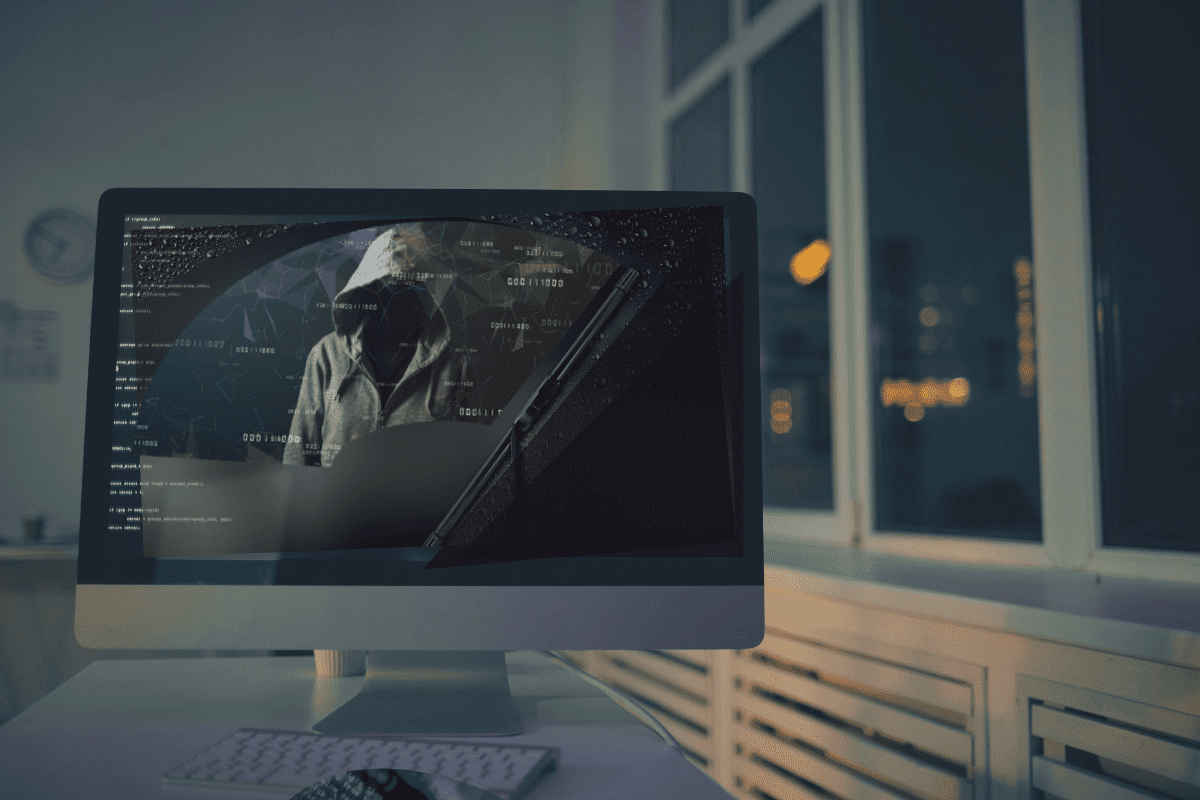Prepare Now for Any Potential Threats
Six weeks after Russia invaded Ukraine, cybersecurity concerns continue to make headlines. Although predictions of devastating attacks have yet to come to fruition, the United States has acted preemptively to protect infrastructure and business interests.
Last week, the Cybersecurity and Infrastructure Security Agency (CISA), the Federal Bureau of Investigation (FBI), and the Justice Department announced that they had surreptitiously removed Russian malware from computer networks around the world. The malware was traced to botnets controlled by the GRU, the Russian military’s intelligence agency, which continues to execute digital infiltrations of the Ukrainian government and European satellite systems.
But cybersecurity experts believe that as the war in Ukraine drags on, Russia will attempt to launch online strikes against critical infrastructures such as utility companies, power grids, and financial firms. It’s not just governments sounding the alarm either; in late February, Microsoft foiled an unprecedented attack featuring a new strain of “wiper” malware that attempted to erase data from computers operated by the Ukrainian government.
Many Small to Medium-Sized Businesses in North America May Be Asking Themselves a Big Question: How Does This All Affect Me?
Believe it or not, because of the unsettled nature of today’s digital world, every company is at risk. But all companies—even those that aren’t categorized as critical or essential infrastructure—also stand to gain from the heightened awareness of this moment.
Here are five questions that CMIT Solutions recommends to assess your cybersecurity situation today—and plan for a safer, more secure future.
1) Are all of your computers running on current operating systems? One of the biggest threats to small businesses is “end of life” or “end of support” situations, where legacy operating systems are left vulnerable without regular software patches or security updates. In the last few years, this has occurred with Microsoft’s Windows XP and Windows 7, while Apple’s macOS instances older than 10.15 are no longer supported. Cybercriminals and bad actors will often scan all Internet-connected devices looking for these vulnerable devices, then launch ransomware attacks that can easily infiltrate them and steal important data. If you have any out-of-date computers—or aren’t sure whether your machines have been updated recently—work with a trusted IT provider today to assess the health of these devices.
2) Do work-from-home machines or remote devices have the same level of protection as in-office computers? In today’s digital world, nearly everyone works at least some portion of their schedule from home. Yet two years after the COVID-19 pandemic shifted our schedules for good, many remote machines are still unprotected. As a business owner or manager, it’s your responsibility to ensure that enhanced IT security measures are extended to every device used by your employees. That’s the only way you can effectively manage protected data and mitigate any potentially dangerous threats.
3) Is your data backed up remotely and regularly? It’s as simple as this: if you’re not securely backing up critical company information in a regular, remote, and redundant fashion, your company is at risk of data disaster. Many of the most notorious current hacking schemes, like ransomware and spearphishing, rely on the assumption that most business owners don’t maintain easy access to extra copies of relevant data. That means they’re often desperate to pay a ransom to try and retrieve stolen or encrypted information—even though such ransom payments rarely lead to a full restore. Taking data security seriously means protecting information against all types of threats: natural disasters, malicious attacks, hardware failure, and human error.
4) Have you implemented multi-factor authentication (MFA) on all accounts? Many of the most common cybersecurity problems occur due to human error: clicking on a malicious web link, accidentally opening an infected attachment, or providing confidential credentials to a hacker posing as a co-worker or executive. When that happens, multi-factor authentication (MFA) can add an extra layer of protection to prevent the negative impacts of compromised information. In light of the increased cyber risks following Russia’s invasion of Ukraine, the US government even took the unprecedented step of urging all organizations to turn on MFA in advance of potential attacks. Last week’s report from the CISA and FBI was blunt: “Mandate the use of multi-factor authentication to make it harder for attackers to get onto your system.”
5) How good is your IT support staff? If you don’t have one, don’t worry—going it alone while thinking that cybersecurity problems won’t affect you is more common than you think. Still, none of the cybersecurity strategies mentioned above will succeed without a trusted IT provider working with you side by side to keep your company safe. At CMIT Solutions, we provide more than just computer support. We serve as a true business partner by meeting cybersecurity needs while also developing short- and long-term strategies that match your company’s outlook for growth and success.
With cyber risks rising every day, you deserve a partner who can defend your network, optimize hardware and software, and empower employees to work smarter and more efficiently. If you want to focus on growing your business instead of worrying about a cyberattack or data hack, contact CMIT Solutions today.
Our network of more than 900 business leaders and technicians across North America provides 24/7/365 protection to businesses of every size, all backed by a local commitment to the best customer service around.

